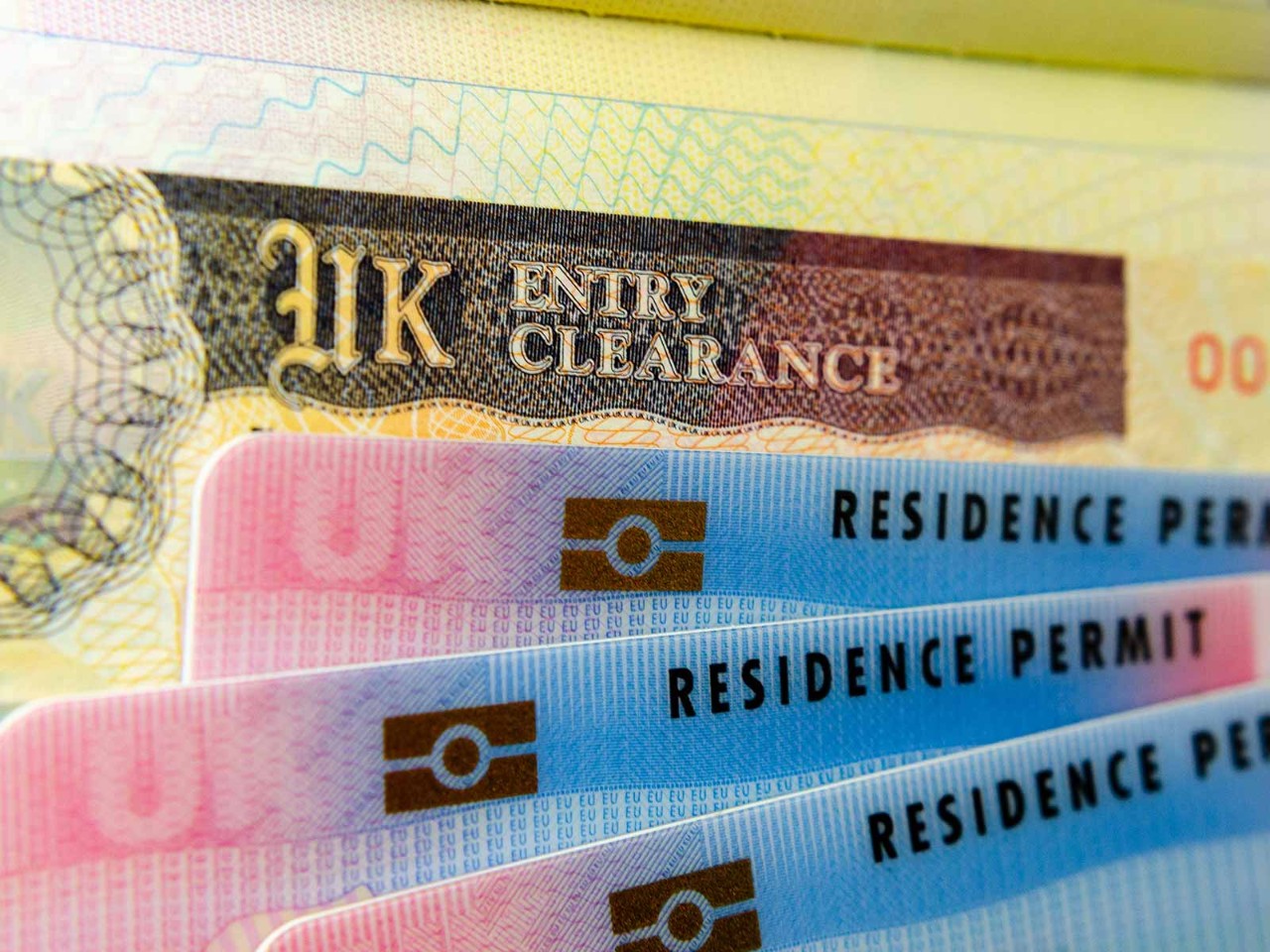
AML regulator
A recent roundtable hosted by ACCA looked at the proposals for establishing a dedicated EU anti-money laundering and counter-terrorism financing (AML/CFT) regulator. Following presentations from Sean Fleming, Ireland’s junior finance minister, and Raluca Prună, head of the European Commission’s financial crime unit, the roundtable discussion led to a number of policy recommendations:
- There should be a single rule book, enforced and interpreted in the same way by the new EU authority and national supervisors.
- The rule book needs to be proportionate and risk-based.
- The smaller entity requirements need to be proportionate but should also dovetail with the rules for larger entities.
For Ireland, the policy recommendations are:
- There should be more cooperation among financial services entities, with information and technology sharing led by and required by the supervisor.
- Infrastructure such as government support for compliance is required to make Ireland a centre of excellence, including the encouragement of fintech and regtech development.
- Targeted education should be designed for the industry, properly accredited and widely available.
- The industry should be granted suitably controlled access to government databases to allow instant and reliable verification of identification documents.
A report on the event is available here.
AML compliance
The Financial Action Task Force (FATF) has published its Report on the State of Effectiveness and Compliance with the FATF standards. FATF has a suite of 40 recommendations for governments to implement to strengthen a country's AML/CFT regime, and evaluates each country’s performance. Overall, 76% of countries supervised now have ‘satisfactorily implemented’ all FATF’s recommendations, with Ireland scoring particularly well.
Taxing Ukrainians
Revenue has issued guidance for Ukrainians who have come to Ireland temporarily due to the ongoing conflict and who continue working for a Ukrainian employer while performing their duties remotely from Ireland.
Revenue has confirmed that the Ukrainian employer will not need to register for Irish PAYE or deduct Irish tax from the employee, and will not be deemed to have created a permanent establishment in Ireland for the purposes of corporation tax etc.
Crypto taxation
The new area of crypto assets has created some uncertainty over issues such as VAT, whether any gains or losses are capital or income, and the fact that cryptocurrencies are not located in any country. Revenue has now issued comprehensive guidance on the taxation of cryptocurrency, with worked examples.
The guidance will have particular interest for non-residents and confirms that, for example, simply spending some bitcoin triggers a potential capital gains or income tax liability.
Audit engagement teams
The International Auditing and Assurance Standards Board (IAASB) has released a new fact sheet clarifying who is and who is not part of the audit engagement team. The engagement team can now include individuals from other firms or service providers who may perform specific tasks on the audit.
However, the auditor’s external expert or consultant is not included. The definition is important in the context of implementing ISA 220, Definition of Engagement Team, in such matters as responsibility for performing the audit procedures and auditor independence, and other rules.
UK LLPs
The Consultative Committee of Accountancy Bodies (CCAB) in the UK has issued a revised Statement of Recommended Practice – Accounting by Limited Liability Partnerships (LLPs). Note that UK LLPs are different to Irish limited partnerships and limited liability partnerships, and the statement of recommended practice (SORP) is applicable only to UK LLPs.
Small company rescue
Some additional guidance has been prepared by the Central Council of Accounting Bodies – Ireland on the small companies administrative rescue process (Scarp). A factsheet and guidance for directors is available.
Exporting to the UK
The UK was due to impose certain controls over imports from July this year. However, the following controls have now been postponed and will not now be introduced in July, although exporters will need to prepare for their introduction at some future date:
- a requirement for further sanitary and phytosanitary (SPS) checks on EU imports currently undertaken at destination to be moved to border control posts
- a requirement for safety and security declarations on EU imports
- a requirement for further health certification checks for EU imports
- prohibitions and restrictions on the import of chilled meats from the EU.
Charities Bill
The general scheme of the Charities (Amendment) Bill 2022 has been published and proposes to introduce:
- new financial thresholds to ensure more appropriate reporting requirements reflective of a charity’s size
- clarification on the general duties of trustees
- strengthening the regulator’s powers in relation to the protection of charitable organisations
- the establishment of ‘the advancement of human rights’ as a recognised charitable purpose.
Head 14 of the bill allows for the introduction of charity accounting and reporting regulations. The proposal will allow the Charities Regulator to impose accounting and audit requirements on all charities (companies, trusts and others), including a requirement on some larger charities to comply with SORP.
For incorporated charities, the SORP compliance requirement will only ever be in addition to the existing requirements set out in company legislation.
There will be reduced reporting and audit requirements for certain smaller charities with two thresholds. And the current €100,000 turnover threshold below which a simplified income and expenditure account for unincorporated charities is allowed is expected to rise to €250,000.
Very small unincorporated charities will be exempt from the requirement to report if they meet all three of: balance sheet and turnover not exceeding €10,000 and having no employees.
As for audit and inspection, Section 50 of the Charities Act 2009 is going to be amended to apply to incorporated charities as well as unincorporated charities. An incorporated charity is currently allowed audit exemption where it is a 'small company' (ie meeting two of: balance sheet total does not exceed €4.4m, turnover does not exceed €8.8m, and number of employees does not exceed 50).
However, Revenue has imposed an audit requirement for any entity with a turnover above €100,000 and seeking charitable tax status. The bill proposes to put a limit in legislation decided by the minister, rather than having a Revenue rule.
In summary, it is expected there will be an audit requirement for charities with turnover above €250,000, and an independent inspection for charities under that limit, and no independent assurance report required for very small charities.




